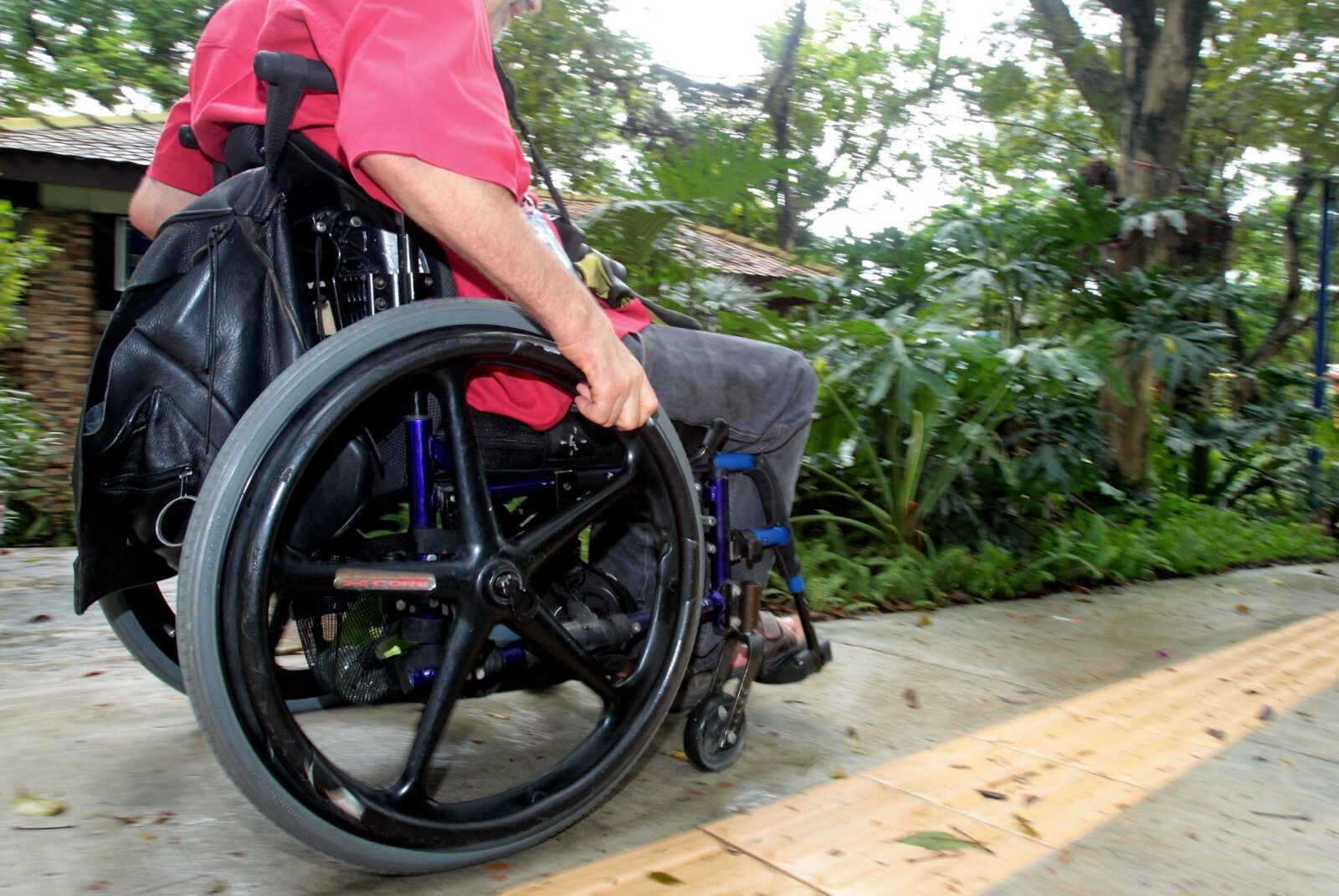By NAVEENA JAMES
alltherage@thestar.com.my
The late disability activist and comedian Stella Young’s TEDx Sydney speech last year drew mixed reviews from people with disabilities and others around them, mainly because of two words that she coined: inspiration porn.
Inspiration porn is derived from the way people find inspiration in disabled people who are getting through their day-to-day lives, lauding them for overcoming simple obstacles without knowing anything about them or what they have achieved. The inference is that if a disabled person can do something, everyone else has no excuse not to do it.
Examples include the image of a young boy on running blades which carried the caption “Your excuse is invalid” and the photo of a little girl with no hands drawing a picture with a pencil held in her mouth that was captioned, “Before you quit, try.”
But what if you are that person?
“I’ve lost count of the number of times that I’ve been approached by strangers wanting to tell me that they think I’m brave or inspirational,” said wheelchair-bound Young.
After that speech, people re-evaluated the way they looked at others who had disabilities.
Are we inspired because they can get through everyday life despite their disabilities or are we looking at their achievements before we label them inspirational?
Aghilan Narayanan, 24, who has a hearing impairment, finds it completely unnecessary for people to be inspired by him without even knowing what he has achieved.
“I get through life just like other people – we all have problems, we fail at some point so my disability does not make my life inspiring,” he said.
Ashley Wong Shin Yee, 20, who is completely visually impaired, thinks that thinking someone is inspirational without knowing his/her achievements is to sympathise with no reason.
“I remember when I went to Aquaria KLCC once with my family, the lady at the ticket counter saw us and began chatting with my mum, enquiring about my condition. Then she came up to me and said it doesn’t matter that I am visually impaired, because I am golden-hearted,” said Wong.
Wong was left speechless. “Was she assuming all of us who are visually impaired are golden hearted?” she asked.
Wong has strong preferences about how she would like people to view her. “I would prefer people to recognise me for who I am rather than what my disability is,” she said.
However, some students who have disabilities believe finding inspiration in a person can be a very subjective, personal experience. In many instances, an individual who is insignificant to a group of people could be a role model to many others.
“I really leave it to people to regard what is inspiring to them. I think it’s completely fine if random people are inspired by me without knowing what I have achieved because daily tasks like moving into a car and moving from the wheelchair onto the sofa which seems easy to a normal person require more effort from us, who have disabilities,” said 24-year-old wheelchair-bound student Saravanakumar Balachandran.
Azree Feekree bin Zamzuri, 19, a visually impaired student, doesn’t think much of it. “I don’t really bother about it. It is up to individuals to decide what feels inspiring,” he said.








Leave a reply